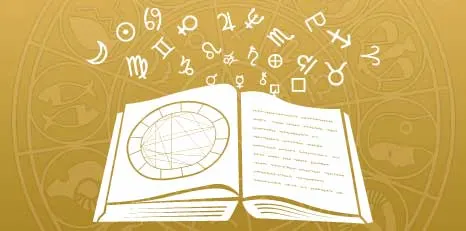Transiting Mars in Leo quincunx composite True Lunar Node in Pisces
Mars transiting in Leo suggests a vibrant and fiery energy guiding your actions and passions during this period. Collectively, you may find an increased desire for recognition, a flare for dramatics, and the courage to express your creativity unabatedly. However, the quincunx to your composite Lunar Node in Pisces introduces a complex dynamic, hinting at potential misunderstandings or misalignments.
The Lunar Node in Pisces signifies spiritual growth and lessons learned passively, often through contemplation or artistic pursuits. It's about developing self-sacrifice and grappling with the ethereal aspects of existence. However, the Mars in Leo quincunx can create a certain level of discomfort, as your drive to step into the spotlight may clash with the more introverted and selfless energy that the Piscean Node suggests.
Now is a critical test period for adjusting and balancing polar energies. Part of you may feel driven to make grand gestures, achieve more, louder, better, while another part is beckoned into introspection and quiet work. It's essential to acknowledge both these aspects and create a shared space that allows you to shine confidently while also pursuing deeper, spiritual understanding.
The frustration that may arise out of this challenging transit is common and even necessary. Take it as an invitation to attune the ways you express your desires and ego with your higher spiritual goals. Mediation and compromise are crucial tools during such a transitory phase.
Remember that every emotional confrontation is an opportunity to explore more profoundly the shared emotional landscape. Recognize the power of these conflicting energies, the active fire and passive water, and gently steer them to work in harmony. Implementing this balance will prove invaluable for your future growth together, enhancing your relationship's dynamism and deep emotional comprehension.
Register with 12andus to dive into your personalized birth charts, synastry, composite, and transit readings.
Report PDF completi

Letture PDF complete, che vanno da 100 a oltre 300 pagine per temi natali, analisi di relazione e previsioni. Immergiti a fondo nelle complessità di ogni posizionamento planetario con i nostri report, esaminando meticolosamente i loro aspetti e sottigliezze. Realizzato come un capolavoro astrologico, serve come riferimento per tutta la vita, offrendo le intuizioni più personalizzate su di te e le tue relazioni. Il tuo libro delle stelle ti aspetta.
Chiedi all'astrologo

Fai la tua domanda unica a un astrologo di 12andus. Il nostro astrologo fornirà una risposta ponderata di oltre 800 parole entro pochi giorni, dopo un'attenta analisi del tuo tema natale impostato nel tuo profilo. Le domande possono spaziare su una varietà di argomenti, tra cui amore, relazioni, carriera, tratti della personalità o preoccupazioni più ampie della vita. Siamo qui per aiutarti a guidarti nel tuo viaggio astrologico.
Letture gratuite

Immergiti nelle complessità della tua narrativa astrale con le nostre letture astrologiche profondamente personalizzate. Dalle profonde rivelazioni nella tua analisi di nascita alle dinamiche delle esplorazioni di sinastria, composite e transiti, ogni lettura è finemente curata per la tua unica storia cosmica. Clicca per un'esperienza astrologica realizzata con una precisione e un dettaglio impareggiabili.
